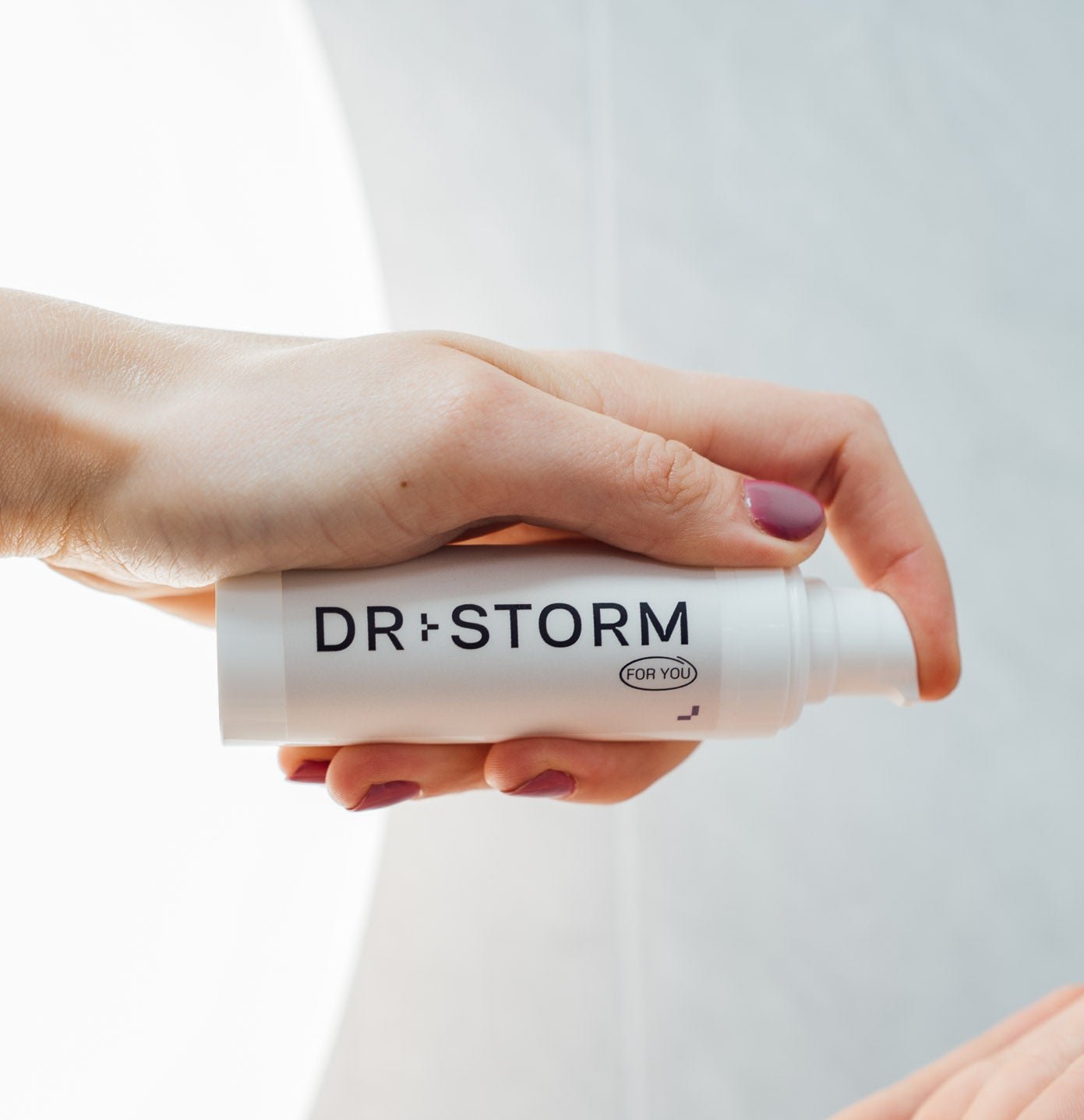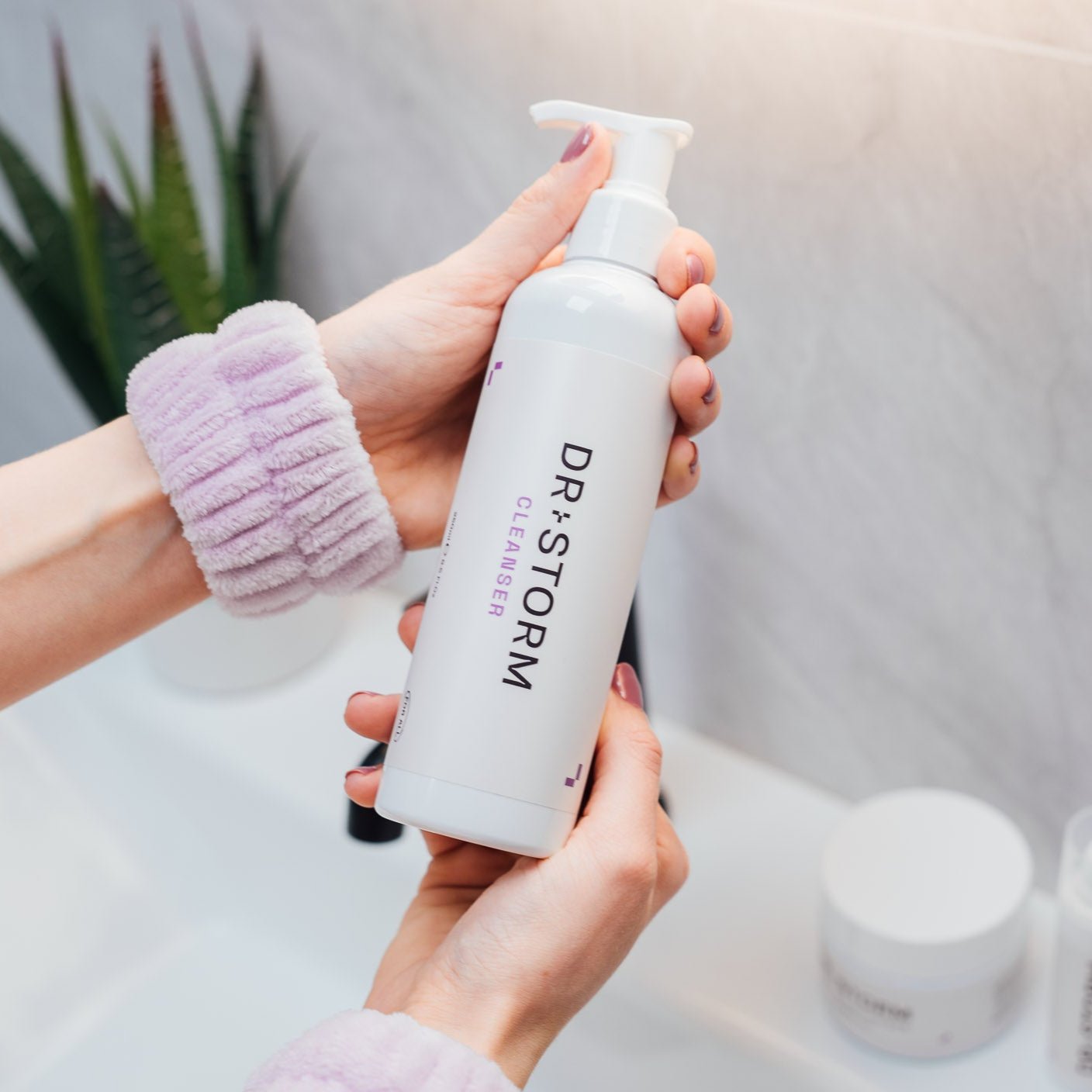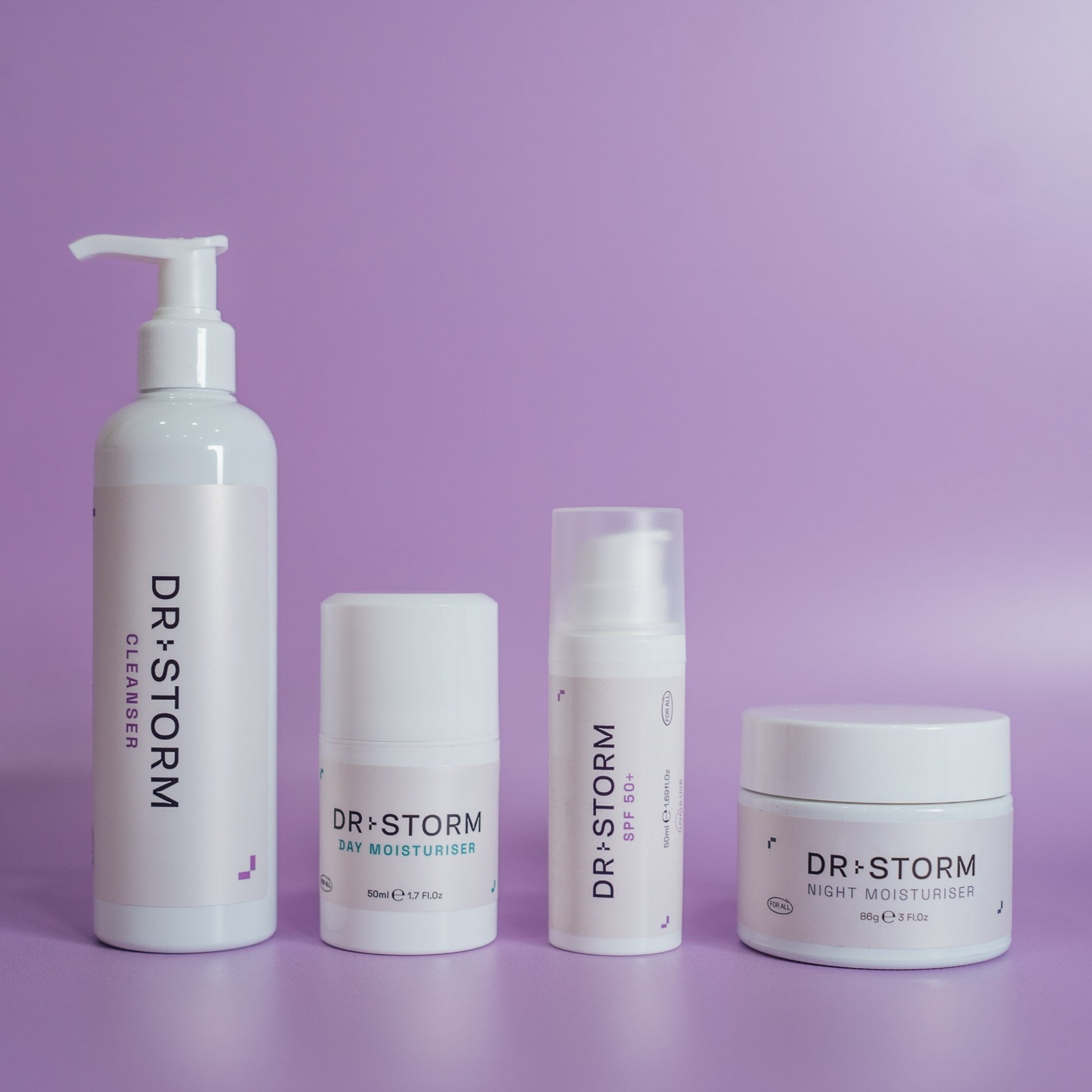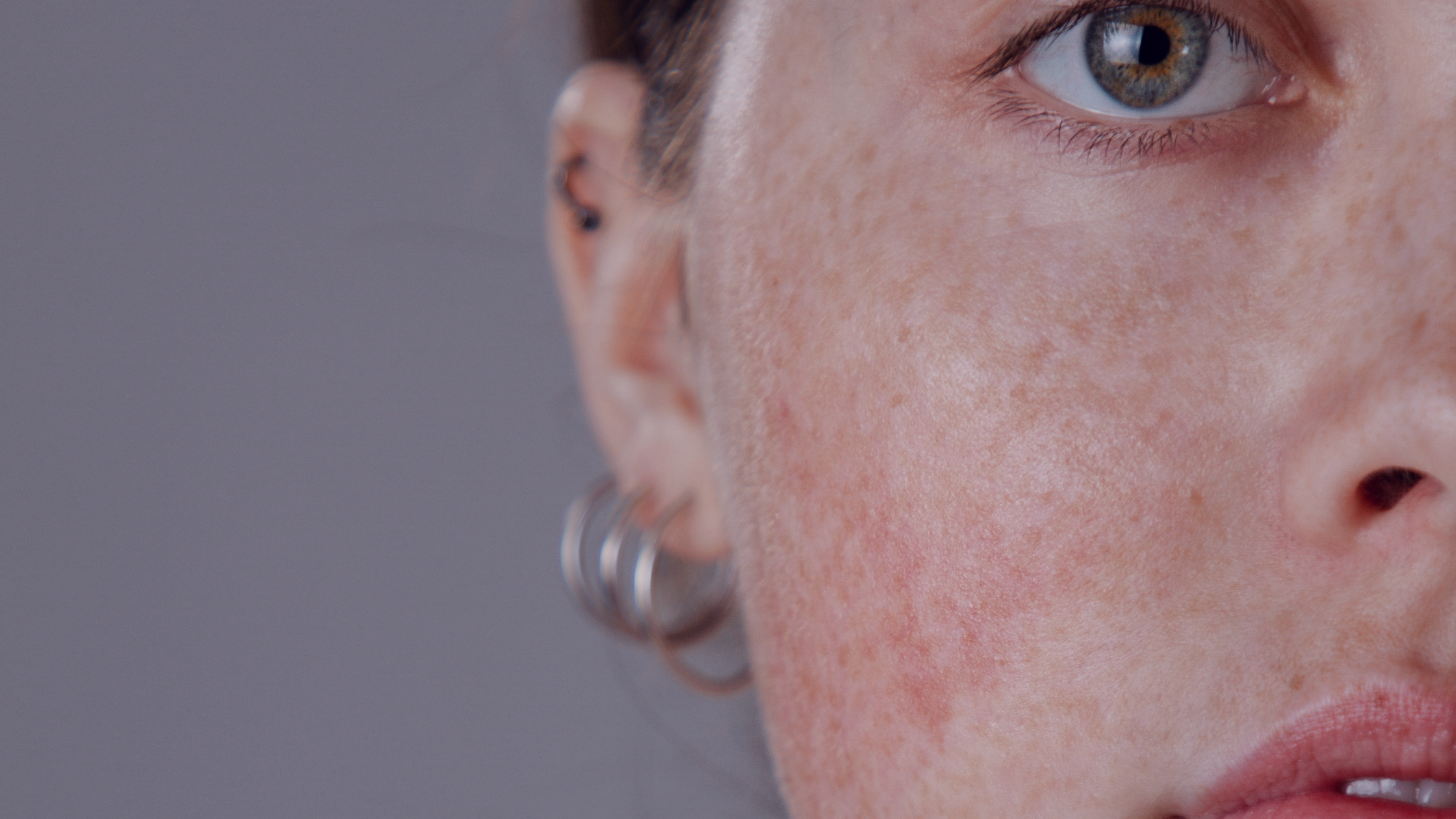When most people think of sunscreen, they picture sunny summer days at the beach. But the truth is, protecting your skin from harmful UV rays isn't just a summer activity—it's something you should be doing all year round. Whether it's sunny, cloudy, or even cold outside, your skin is constantly exposed to UV radiation, which can lead to long-term damage.
Incorporating sunscreen into your daily skincare routine is one of the simplest and most effective ways to keep your skin healthy, youthful, and protected from damage. Let's explore why sunscreen is a must-have for every season and how it can help safeguard your skin in the long run.
Understanding the Role of Sunscreen in Skincare
Sunscreen is a vital part of any skincare routine, but its importance is often underestimated. At its core, sunscreen works by protecting your skin from harmful ultraviolet (UV) rays, which come from the sun and can damage your skin cells. There are two types of UV rays to be aware of: UVA and UVB. UVA rays penetrate deep into the skin and contribute to premature aging and wrinkles, while UVB rays are responsible for sunburns and can directly damage the skin's surface. Both types of rays can increase your risk of skin cancer over time.
By applying sunscreen daily, you create a protective barrier that helps prevent this damage, keeping your skin healthier and more youthful in the long run. Incorporating sunscreen into your morning skincare routine is as simple as applying it after your moisturiser. Even if you're indoors, UV rays can still reach you through windows if you are sitting beside them. Applying sunscreen in the morning is a good habit to adopt as most people spend some time outside during the day.
Year Round UV Exposure
One of the biggest misconceptions about sunscreen is that it's only needed on sunny days. In reality, UV rays are present every single day, no matter the weather. Even when it's cloudy, rainy, or during the winter months, up to 80% of UV rays can still reach your skin. This means that while you might not feel the sun's heat, your skin is still vulnerable to the damage caused by these invisible rays.
UVA rays, in particular, are present all year round and can penetrate through clouds, windows, and even car windshields. These rays reach deep into the skin, leading to skin damage that can result in fine lines, wrinkles, and hyperpigmentation over time. Whether you're outside running errands or sitting by a window at home, your skin is still exposed to harmful UVA radiation.
By using sunscreen year round, you are helping maintain your’s skin youth, keeping it smooth and resilient. Think of it as a simple yet powerful way to ensure your skin stays healthy, no matter what the weather is doing outside.
Consequences of Not Wearing Sunscreen
Skipping sunscreen may seem insignificant on a day-to-day basis, but the long-term consequences can be serious. Repeated exposure to harmful UV rays without protection can lead to visible skin damage, such as hyperpigmentation, fine lines, and wrinkles. In fact, studies show that about 80% of visible skin ageing—like wrinkles and sagging skin—is caused by exposure to UV radiation, not just the natural ageing process(Cleveland Clinic).
Beyond cosmetic concerns, failing to wear sunscreen significantly increases your risk of developing skin cancer. Both UVA and UVB rays can damage the DNA in skin cells, leading to mutations that may cause cancer. It's estimated that one in five people will develop skin cancer by the age of 70, and regular daily use of sunscreen with SPF 15 or higher reduces the risk of melanoma by 50%(The Skin Cancer Foundation)(JHSPH).
Without proper sun protection, the cumulative damage to your skin can also lead to the need for more intensive skin repair treatments later in life, such as laser therapy or chemical peels. These treatments can help address issues like hyperpigmentation and deep wrinkles, but they are far more invasive and costly compared to the simple act of applying sunscreen daily to prevent damage in the first place(Cleveland Clinic).
How Sunscreen Prevents Wrinkles and Sun Damage
Sunscreen is one of the most effective tools in your skincare routine for maintaining youthful skin and preventing wrinkles. Ultraviolet (UV) radiation from the sun is a primary cause of premature skin ageing, also known as photoaging. UVA rays, in particular, penetrate deep into the skin and damage essential proteins like collagen and elastin, which are responsible for keeping your skin firm and smooth. This process accelerates the formation of wrinkles, fine lines, and sagging(Colorescience)(The Atlantic).
Research shows that about 90% of visible changes to the skin, including wrinkles and sunspots, are caused by sun exposure, not the natural ageing process(Colorescience).
Regular use of a broad-spectrum sunscreen with SPF 50 or higher protects your skin from both UVA and UVB rays, helping to slow down this damage. In fact, studies have shown that people who use sunscreen daily have 24% less skin ageing than those who do not(The Atlantic).
Sunscreen acts as a first line of defence in your anti-ageing strategy by preventing damage to the skin's collagen and elastin fibres. Applying sunscreen can help preserve your skin's youthful appearance and prevent long-term sun damage, whether you're out on a sunny day or sitting by a window.
Choosing the Right Sunscreen for Your Skin
Choosing the right sunscreen is about choosing the one you like the feel of and you will wear every day! Here's a guide to help you find the right fit:
- Dry Skin: If you have dry skin, opt for sunscreens that are cream-based and often contain hydrating ingredients like glycerin, hyaluronic acid, or ceramides. These sunscreens tend to feel more nourishing and can help keep your skin feeling soft and moisturised throughout the day.
- Oily or Acne-Prone Skin: Look for oil-free, non-comedogenic sunscreens that won't clog your pores. Gel or water-based sunscreens can provide effective protection without adding excess shine. Lightweight formulations are often suited to oily skin types.
-
Sensitive Skin: For sensitive skin, mineral sunscreens with zinc oxide or titanium dioxide are gentle options that provide broad-spectrum protection without causing irritation. Fragrance-free and hypoallergenic formulas are best for avoiding skin reactions.
No matter your skin type, choosing a sunscreen with broad-spectrum protection is essential to guard against both UVA and UVB rays. Dr Storm's Basically Brilliant SPF 50 offers this level of defence, protecting your skin from premature ageing and sun damage. Don't forget to reapply every two hours, especially after sweating or swimming, to maintain effective protection(Colorescience)(The Atlantic).
Conclusion
Sunscreen is a vital part of skincare all year round. Whether it's sunny, cloudy, or cold, UV rays are always present and can cause skin damage that leads to premature ageing, hyperpigmentation, and even skin cancer. Incorporating a high-quality sunscreen like Dr Storm's Basically Brilliant SPF 50 into your daily skincare routine can help repair and protect your skin, keeping it healthy and youthful over time.
Remember, applying sunscreen daily is one of the easiest and most effective ways to care for your skin. By making sunscreen a regular habit, you're taking a proactive step toward maintaining a glowing complexion and long-term skin health. Protect your skin today to prevent the need for more intensive skin repair tomorrow.







